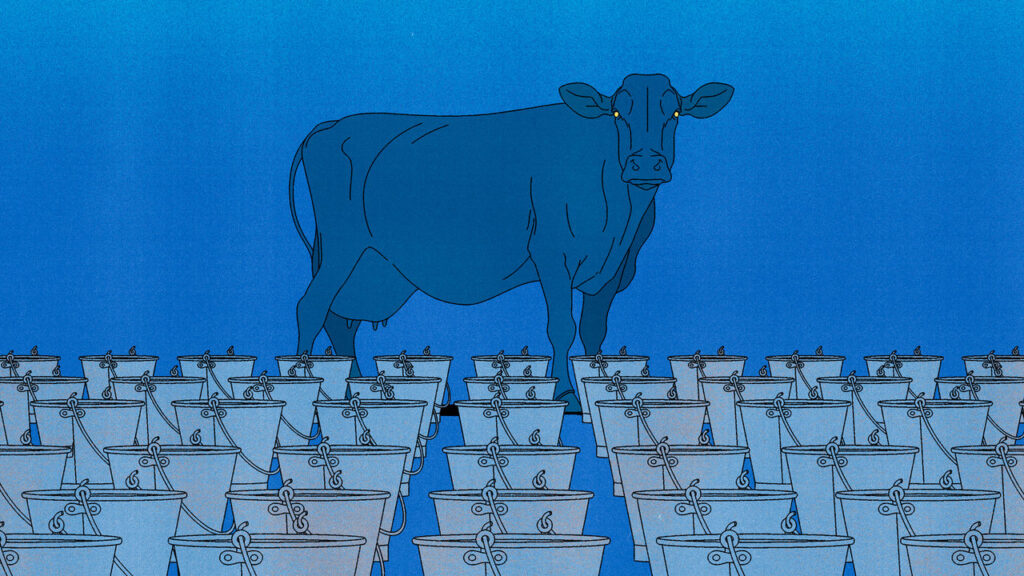Budget talks in the European Union, often described as a game of 27-dimensional chess, require member states to negotiate over a multitude of spending items simultaneously. As preparations for the upcoming budget discussions, slated to begin next year, are already underway, anticipation is high for what is expected to be a particularly intense and contentious process.
The landscape surrounding the EU has undergone significant shifts in recent times, with the ongoing conflict in Ukraine, the deteriorating relationship with China, and the growing imperative to address climate change all adding complexity to the budget negotiations. These factors have led prominent figures, such as Mario Draghi, to advocate for what he terms as “radical change” within the European Union.
However, the challenge of securing the necessary funding for new priorities, such as climate change initiatives and defense measures, is further complicated by the reluctance of major contributors like Germany and the Netherlands to increase their financial commitments. This means that any additional expenditure in one area will have to be offset by corresponding cuts elsewhere in the budget.
As the EU gears up for what promises to be a pivotal budget cycle, member states must navigate a complex web of competing interests and priorities. The need for unity and consensus among the 27 nations will be paramount in order to reach a satisfactory agreement that balances the diverse needs of each member state while addressing pressing challenges on a continental scale.
One key area of contention in the upcoming budget talks is likely to be the allocation of funds for climate change initiatives. As the urgency of addressing environmental issues continues to mount, there is increasing pressure on the EU to commit significant resources to combating climate change and transitioning to a more sustainable, green economy. However, with many member states facing economic challenges of their own, striking the right balance between environmental concerns and financial constraints will be a delicate balancing act.
Another major issue on the agenda for the EU budget talks is defense spending. In the wake of escalating global tensions and security threats, there is growing consensus among member states that Europe must bolster its defense capabilities and increase cooperation on security matters. This will require significant investments in defense infrastructure and technology, which will inevitably place further strain on the EU budget.
In addition to these pressing concerns, the EU budget negotiations will also need to address a wide range of other spending priorities, including agriculture, research and innovation, and regional development. Each of these areas has its own set of advocates and detractors, making the task of reaching a consensus all the more challenging.
As the EU embarks on this complex and high-stakes budget cycle, the importance of effective leadership and strategic decision-making cannot be overstated. With so many competing interests at play, it will be essential for member states to approach the negotiations with a spirit of cooperation and compromise in order to secure a budget that reflects the needs and priorities of the entire European Union.
In conclusion, the upcoming EU budget talks are set to be a critical turning point for the future of the European Union. As member states grapple with a myriad of complex issues and competing priorities, the ability to find common ground and forge a path forward will be essential in ensuring the EU’s continued growth and stability in the face of an ever-changing global landscape.



